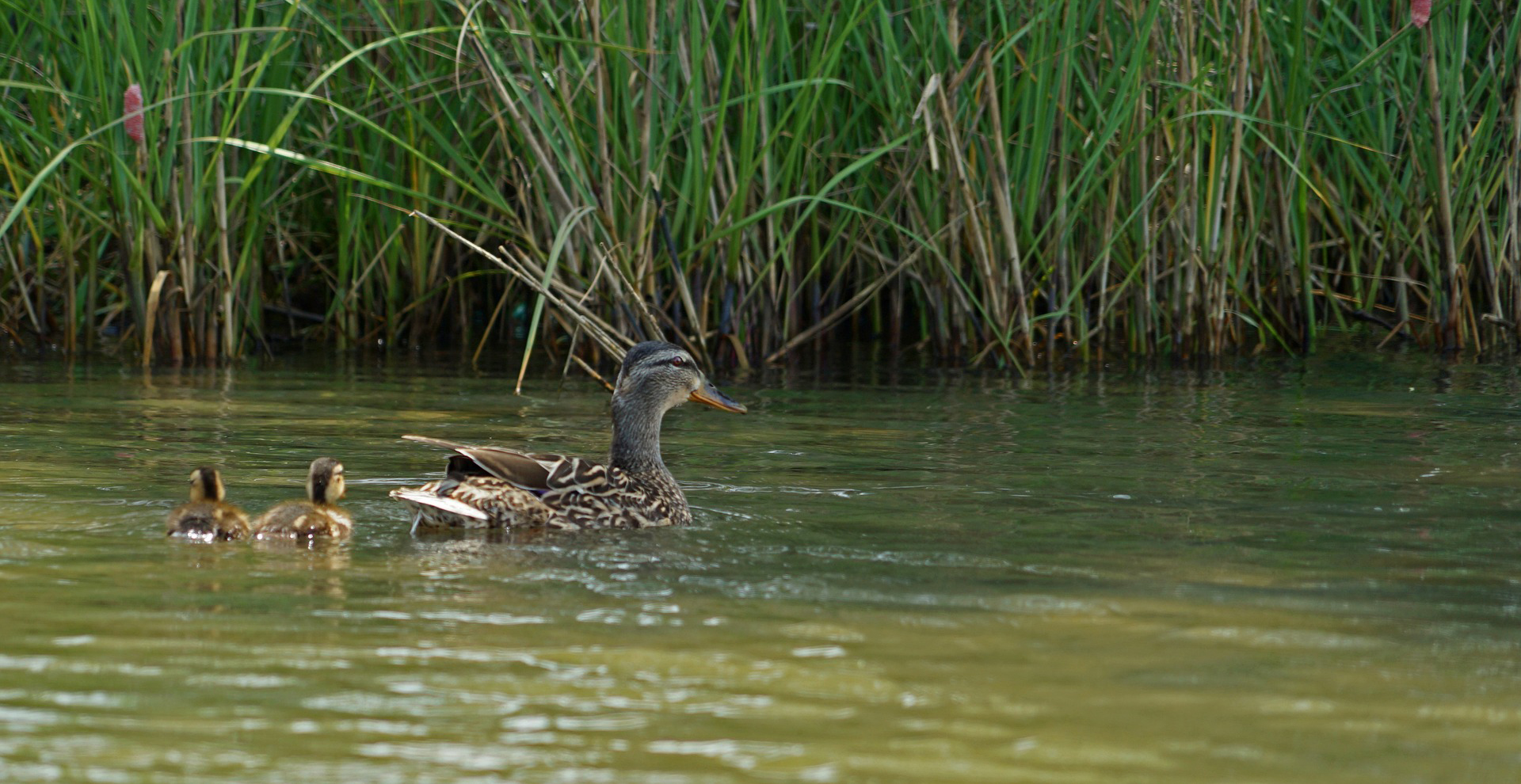The Rivers Trust launch new report revealing shocking state of our rivers

The Rivers Trust has just released its 2024 edition of the State of Our Rivers report, providing a comprehensive analysis of the health of rivers across Northern Ireland, Ireland, and Britain.
This is the first occasion on which data from Northern Ireland and Ireland has been included in the report, reflecting the increasing membership and the range of project work being undertaken by the leading freshwater environmental charity on the island of Ireland.
The new report features a case study of the causes and potential solutions to the blue-green algae pollution crisis of last year, which caused vast toxic algal blooms in Lough Neagh and is forecast to return this summer.
The report published today, to be formally launched at The House of Lords in London tomorrow (Tuesday, February 27th, 2024), provides deep insights into the range of pressing issues affecting water sources and proposes urgent actions to address these challenges.
According to the report’s findings using the latest data available, the situation is at a crisis point, with 100% of river stretches in Northern Ireland failing to meet ‘good’ overall status, and 12% given either poor or bad overall status.
Of the 450 river stretches looked at in Northern Ireland, key statistics include:
- Ecological Status: Almost 70% failed to meet the requirements for good ecological status, with just 2 stretches reaching high ecological status.
- Biological Status: Alarmingly, 47% of river stretches failed to reach good biological status, indicating significant river health concerns.
- Physico-Chemical Status: 53% were given good or high general Physico-chemical status, which looks at conditions that affect life in the river, such as temperature and nutrient composition.
- Chemical Status: All rivers surveyed were given a moderate chemical status, and none achieved high status. Toxic chemicals in the water from plastic (PBT’s) and the presence of mercury in the animal and plant life were common contributors to rivers failing to meet high chemical status.


 Back to news
Back to news